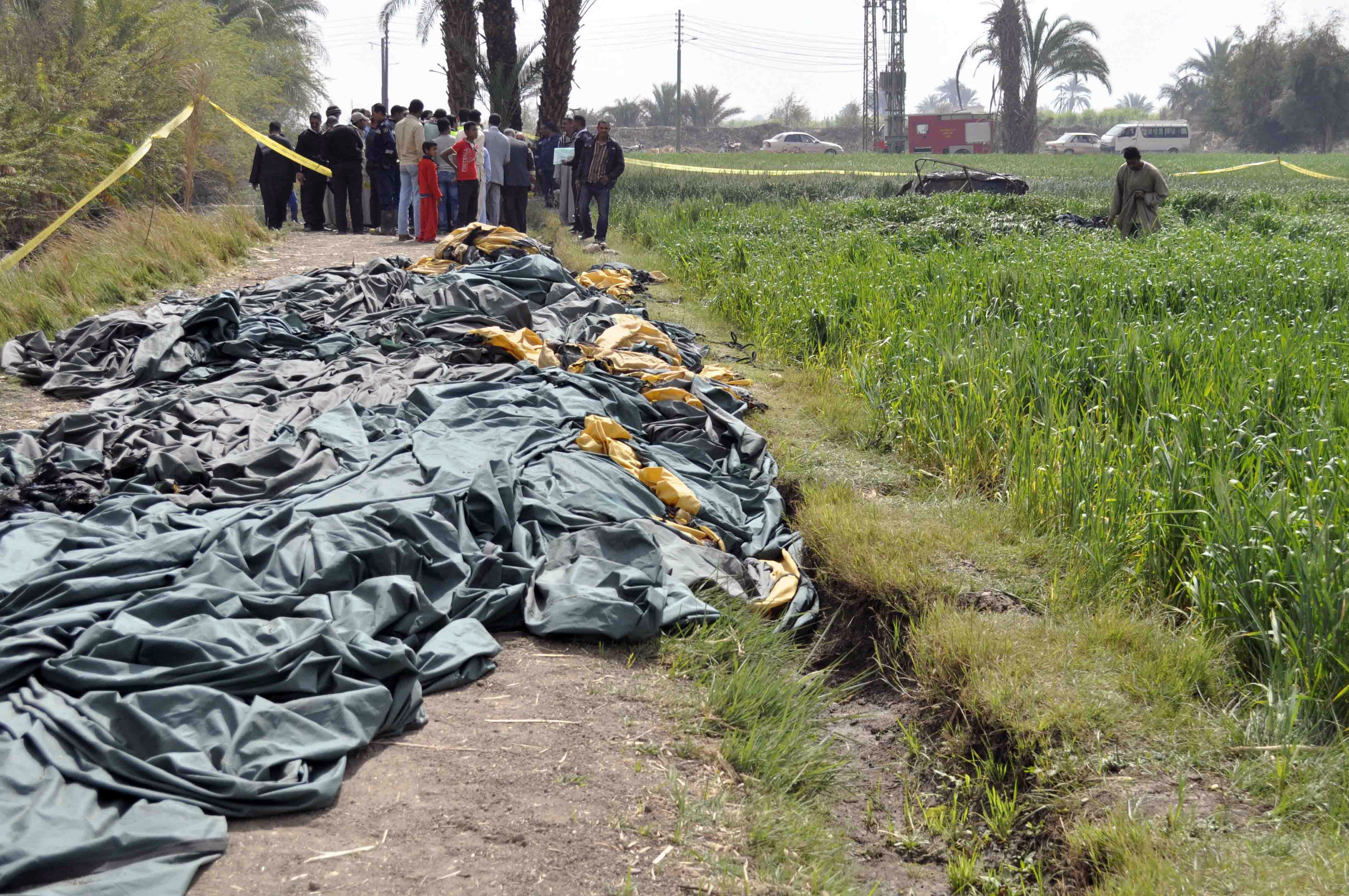The last communist elected to office in Britain is calling it a day. After more than four decades as a local councilor in Scotland and long after the Party faded from British politics, Willie Clarke is retiring.
Willie Clarke is a political survivor. For more than four decades, he has sat as a communist councilor for the former mining town of Ballingry, in Fife. He watched the Berlin Wall fall, the Soviet Union disband and the British Communist party dissolve.
Yet, Clarke continued to win the hearts – and the votes – of the public in this small hamlet of post-war suburban pebbledash terrace houses at the foot of green hills in central Scotland.
Now, however, the last remaining avowedly communist public representative in the UK is standing down. Earlier this month, Clarke, now 80, announced that he would be retiring down from Fife County Council with immediate effect.
“It is time to call it a day,” says the former miner, who lost his left ear to cancer five years ago. “I had hoped to see things through to the council elections next May, but over the past few months one or two problems have made it difficult to be able to be as committed as I want to be to this very important job.”
Clarke’s retirement marks the end of an era for Communism in the UK and, particularly, in this corner of Scotland.
Communists were not always a curiosity in British politics. In the 1945 general election, the Communist Party of Great Britain won two seats, including Willie Gallacher, whose constituency included Ballingry. In local elections the following year, the number of communist councillors increased from 81 to 215.
This was an electoral high-water mark for the party. Members left in droves after the Soviet invasion first of Hungary in 1956, and then of Czechoslovakia in 1968. Nevertheless, the communists remained a presence in outposts of industrial Britain, in South Wales, East London, and in the coalfields of Scotland.
In 1973, Clarke was one of 12 Communists elected onto the then Lochgelly and Cowdenbeath council. The same year Willie Sharp became the first communist provost in Britain, in Cowdenbeath. A few miles from Ballingry, a housing estate is still known as “Little Moscow.” Washing hangs out to dry outside on Gagarin Way.
Clarke began working in the West Fife coalmines at 14. His first job was separating stone from coal on the surface for 40 pence a shift. He soon joined the Communists. “I was always rebellious. Always asking, ‘why?’ ‘Why should that happen? Why has that not happened? [The Communists] caught your imagination. They were radical, wanted change, they were not prepared to accept things as they were.”
Still a communist
For most of the last 20 years Clarke has technically been independent – the old British Communist party voted to disband itself after the Cold War ended – but has never changed his political beliefs. “I am still a communist. My beliefs haven’t changed,” he says.
The demise of communism in Fife’s pit villages was a product of rapid economic and political change. The discovery of huge deposits of oil and gas in the North Sea hastened the demise of smaller, less productive mines across Britain. By the 1970s, most of the mining jobs were gone. Nowadays, the region has one of the highest rates of unemployment in Scotland.
One moment that sticks out for Clarke is November 9, 1989: the day the Berlin Wall came down. “It was something you didn’t see happening, and it happened so quickly. It took a long time to recover,” he says. Local communists sat sobbing in front of the evening news.
Although the Communist presence is gone, their beliefs have had a lasting impact on Scottish politics. The communist influence within the Scottish Trades Union Congress was instrumental in the decision to endorse the establishment of a Scottish Parliament with legislative powers, much to the chagrin of some prominent Labour figures at the time.
In 1997, Scotland finally got a devolved parliament in Edinburgh. Clarke is an active supporter of Scottish independence. “Some day it will happen. I might not be here to see it, but it will happen,” he says.
But the ex-miner says that the biggest change in his political life has been the death of Labour in Scotland. In the 2015 UK general election, the once dominant force in Scottish politics retained just one of its 41 seats.
“It used to be entire families voted for Labour. The mother, the father, all the children. That cycle is gone now,” says Clarke.
On call 24/7
Clarke’s success over the past four decades owes less to his radical political beliefs and more to his commitment to the people of Ballingry.
“It didn’t really matter to people in the area that he was a communist. People voted for him on his track record, he helped everyone regardless of their politics,” says Michael Payne, who works at the Benarty community center in Ballingry. The Benarty center is, in part, a testimony to Clarke’s political effectiveness. He secured extra funding for the state-of-the-art facility that replaced a series of disparate, often dilapidated facilities dotted across the pit villages.
“He’ll be missed by the community. He was one of those people you could go to at any time. He’d never say call me back during office hours. Willie was on call 24/7,” says Payne.
Although he is stepping down from council duties, Clarke says he not finished with political life.
“I’m retired from the council but I’m not retiring from local politics, I’ll still be involved in the credit union, the community councils. A trade union activist never retires.”




